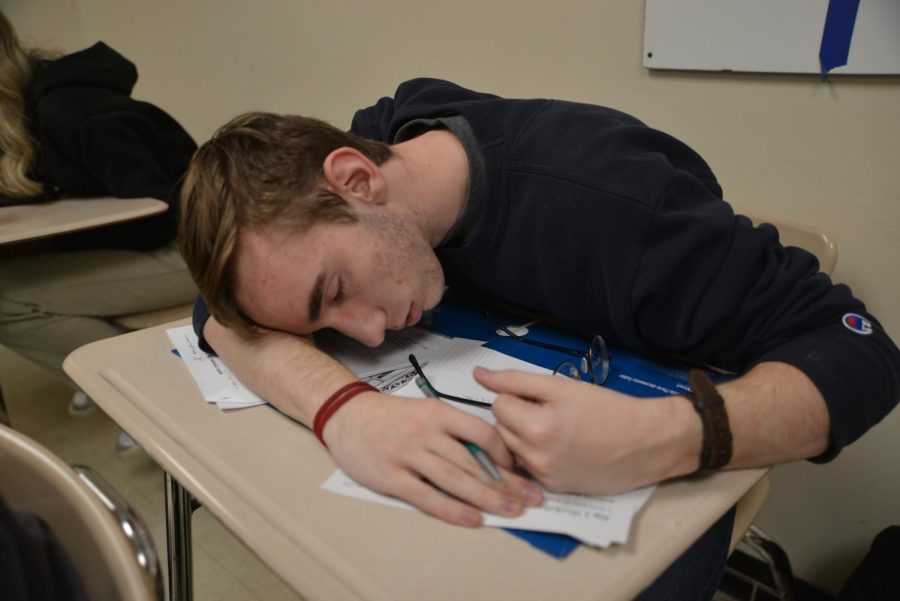Fight Against Time
The subject of daylight savings is a controversial and well-known argument starter, which the U.S senate has now acknowledged, and may be cemented in U.S. history as of November of 2023.
In 1966, daylight savings was formally instated by the U.S congress. This made all states (Except Arizona and Hawaii) switch from DST to ST. DST (Daylight Saving Time) was about to be permanently instated during the power crisis in ‘77, but the public vote dropped so much that the subject was not addressed for quite some time.
People most often refer to daylight savings as either more or less time to sleep in. The daylight change can affect their work/school productivity, such as being late for their respective situations or staying up late doing extra work.
Lakeland High School freshman Casen Hostetler says that he knows the basics of DLS.
“Every spring, you go an hour forward, and every fall, you go an hour back.”
LHS freshman Conner Abey pitched in with, “It was used for farmers in the 1800s for them to get their crops in.”
I asked them how DLS affects their lives, and they both answered pretty much the same. It was pretty much related to how they got less sleep. Again, they both said that it should not be a thing. Abey said, “It does not make sense to have it because farmers do not really use it anymore.” Hostetler then said he disagrees with it being a thing “I do not think it should be a thing because it messes with me.” Farmers needed the extra hours back in 1918 because the technology was not as advanced, and they did not have the resources to farm at night. Daylight savings time provides them an extra hour for all of their farming shenanigans, and everybody was happy about that.
Fast forward 100 years, and farming equipment is now highly advanced, with bright spotlights along with GPS tracking, which can negate the setbacks and dangers that come from night farming.
Not just agriculture was benefitting from this change in times, but other outside jobs that relied on sunlight were also clicking heels at this, and thus the populous was in support of this twice-year event.
Much like the rest of the population, I think daylight savings is an outdated system that was originally instated for farmers to be able to work longer in the colder and shorter days of the winter months. However, this poses the question: how does this affect me?
I am not a farmer, nor do I have a stressful work/school life. Although I live in a society that thrives off of hard-working men and women, who does Daylight Savings really affect at this point?
I do care whether the electricians who keep my city running are able to wake up in the morning and are able to maintain their work mindset and composure while not sleeping on the job. So with that being said, what are your thoughts on the matter?
